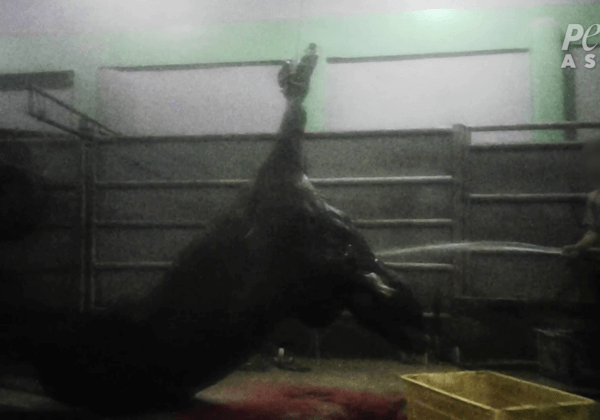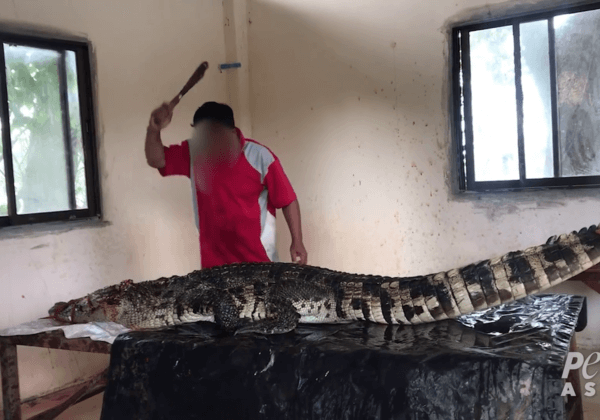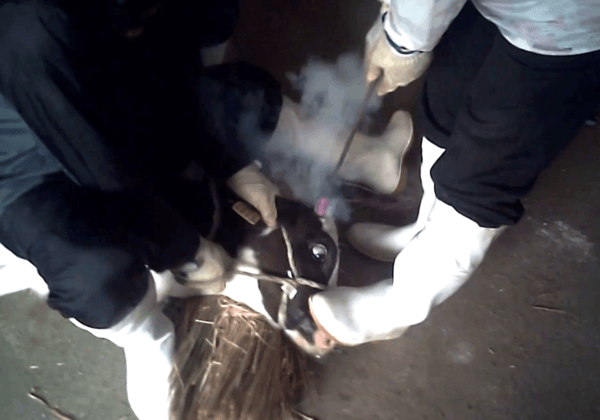Dead Whale Had Swallowed Plastic Bottles, Bags, Shoes, 115 Cups
A dead sperm whale who washed ashore in Indonesia is yet another sad indictment of our plastic pollution problem. The whale had ingested nearly 13 pounds of plastic waste, including two flip-flops, four plastic bottles, 25 bags, and 115 cups.
The whale had also ingested more than seven pounds of plastic string, likely discarded fishing equipment.
Earlier this year, veterinarians carried out a postmortem examination of a whale who passed away after being found found barely alive in a canal near Thailand’s border with Malaysia. What they found was shocking: Over 80 plastic bags and other pieces of plastic waste, weighing nearly 8 kilograms, were found in the whale’s stomach. According to reports, the animal vomited five plastic bags before he or she died.
More than 17 pounds of plastic found in stomach of dead whale in Thailand. https://t.co/tANnuZpAVP pic.twitter.com/4AC48JdxHV
— Slate (@Slate) June 4, 2018
Littering hurts all animals—not just those on land.
Sadly, animals have been discovered all over the world with plastic garbage inside their stomachs. Scientists also have evidence that over half of all sea turtles have ingested plastic.
While some companies are working to make positive changes for marine animals affected by litter, the extent to which plastic has entered ocean ecosystems—and the food chain—is so great that it still hasn’t been fully analyzed.
What You Can Do
You can start making a difference right away by taking reusable shopping bags with you every time you head to the store, instead of using the plastic or paper ones offered at the checkout counter.
Please, don’t ever litter. Always properly dispose of trash by keeping all garbage in tightly sealed, chew-proof containers; rinsing out cans and putting the tops inside so that they won’t cut an animal’s tongue before crushing the top closed; fully breaking apart plastic six-pack rings; and cutting open empty cardboard and plastic containers so that small animals can’t get their faces or heads trapped inside them.
Animals of all kinds often mistake trash for food or shelter. Please help by properly disposing of other people’s trash, too, when it’s been left on the ground. Your actions could mean the difference between life and death for an animal.









